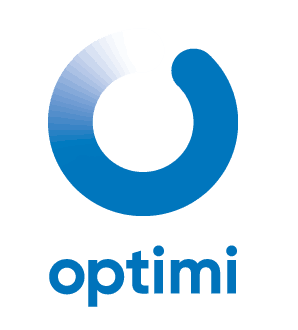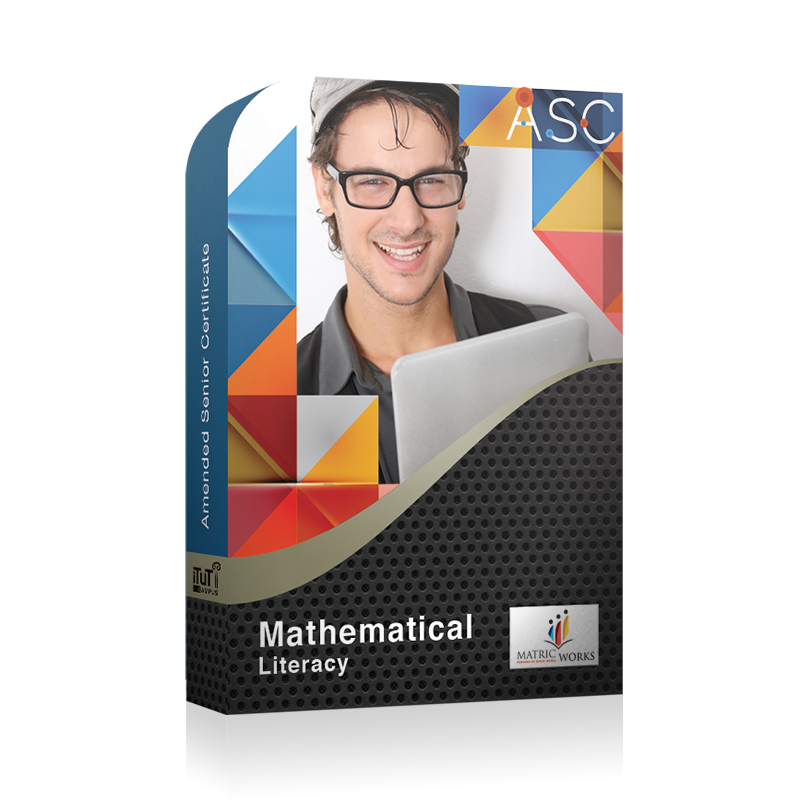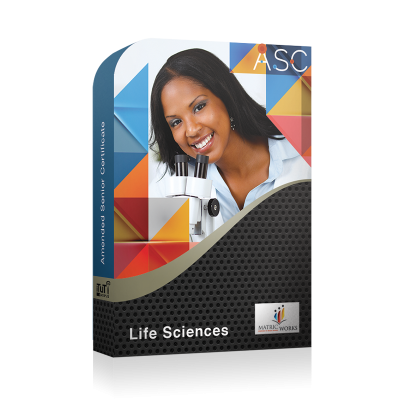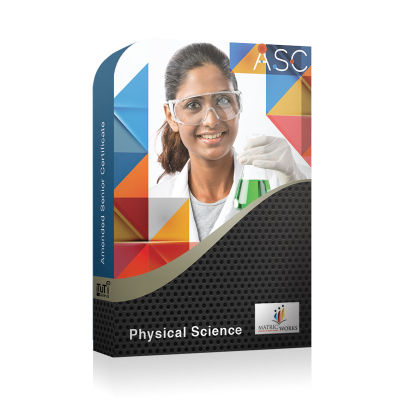Description
The competencies developed through Mathematical Literacy allow individuals to make sense of, participate in and contribute to the twenty-first century world. This world is characterised by numbers, numerically based arguments and data represented and misrepresented in many different ways. Such competencies include the ability to reason, make decisions, solve problems, manage resources, and interpret information. Learners must be exposed to both mathematical content and real-life contexts to develop these competencies. The subject Mathematical Literacy should enable the learner to become a self-managing person, a contributing worker and a participating citizen in a developing democracy. The teaching and learning of Mathematical Literacy should thus provide opportunities to analyse problems and devise ways to work mathematically in solving such problems.






